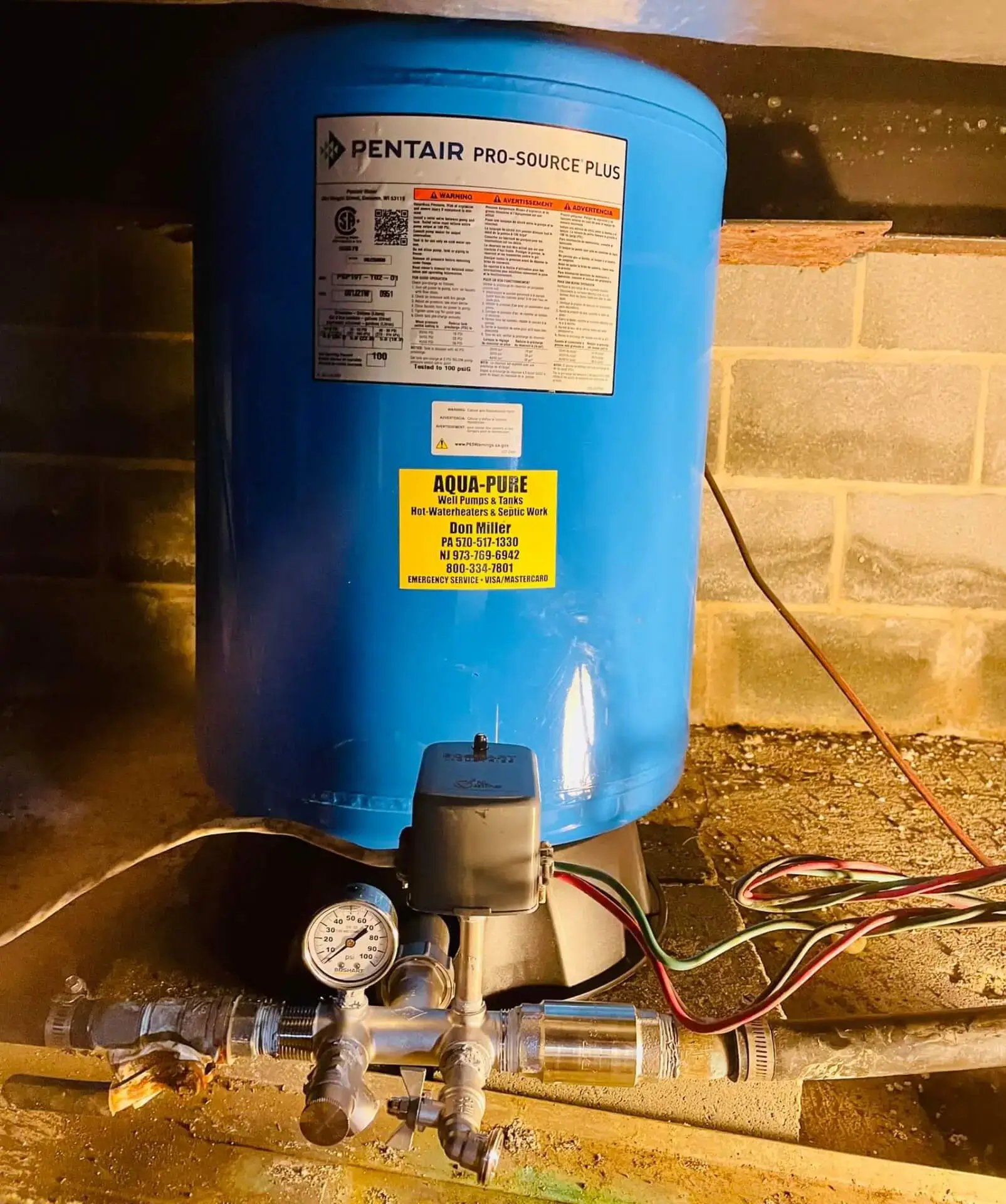Easy Well Pump Replacement: Renewing Your Water Framework with Self-confidence
Easy Well Pump Replacement: Renewing Your Water Framework with Self-confidence
Blog Article
Recognizing the Key Components of Effective Water Filtering Solutions

Value of Water Filtering Solution
Water filtration systems play a crucial role in ensuring accessibility to risk-free and tidy drinking water by efficiently eliminating contaminations and pollutants. These systems are vital in dealing with the growing problems over water top quality and the prospective health threats linked with taking in contaminated water. By using various purification systems such as reverse osmosis, turned on carbon, and UV sanitation, water filtration systems can effectively eliminate harmful substances like microorganisms, viruses, heavy metals, and chemicals from the water supply.
In addition, water filtration systems assist to improve the taste and smell of water by eliminating chlorine, debris, and other pollutants that can affect its quality. Pump repairs & installation. This improvement in water quality not only makes it a lot more tasty but additionally encourages individuals to consume alcohol a sufficient amount of water daily, advertising far better hydration and overall health and wellness
Kinds of Filtration Parts

Physical filters are made to literally stress out impurities from the water. These filters can be made from products like ceramic, carbon, or also sand, and they work by trapping bits larger than the filter's pores as water goes through.
Chemical filters use various chemical processes to eliminate impurities from the water. Instances consist of activated carbon filters, which adsorb impurities, and reverse osmosis membranes, which utilize pressure to different impurities from the water.
Organic filters make use of living microorganisms like algae or bacteria to break down organic issue and contaminants in the water. These filters are usually used in wastewater treatment plants or natural water filtration systems.
Understanding the different sorts of filtration components is crucial for selecting the most suitable water filtration system for particular purification needs.
Function of Sediment Filters
Sediment filters play an essential function in water filtration systems by efficiently capturing helpful resources solid particles suspended in the water. These filters are generally the initial line of protection in a purification system, removing bigger bits such as sand, silt, dust, and corrosion before the water relocates via finer filtration stages. By capturing these debris, the filters prevent them from getting to downstream elements, therefore extending the lifespan and performance of the whole system.
Neglecting this maintenance can lead to clogging, minimized water circulation, and endangered filtration efficiency. Overall, sediment filters are essential parts that add considerably to the performance of water purification systems.
Role of Triggered Carbon Filters
Playing an important duty in water purification systems, activated carbon filters are critical in getting rid of impurities and pollutants from the water system. These filters are designed to adsorb and trap a vast array of contaminants, including chlorine, unstable natural substances (VOCs), chemicals, and herbicides. The turned on carbon product has a large surface area, enabling the effective capturing of impurities via a procedure called adsorption. As water goes through the filter, the activated carbon holds and draws in onto the pollutants, ensuring that the water that appears beyond is cleaner and safer for usage.
Turned on carbon filters are extremely efficient at improving the preference and smell of water by minimizing chemicals that can impact its high quality. They are likewise with the ability of removing certain hefty metals like lead and mercury. Furthermore, these filters can help prevent the build-up of microorganisms and algae in water, additional enhancing its overall top quality. Because of their adaptability and reliability, turned on carbon filters are a vital element in guaranteeing that water is detoxified to the highest possible requirements before getting to consumers.
Understanding Reverse Osmosis Equipments
Reverse osmosis systems are innovative water filtration systems that use an advanced procedure to remove pollutants and contaminations from drinking water. These systems function by applying stress to the water, requiring it via a semi-permeable membrane layer.
In addition, reverse osmosis systems are relatively low-maintenance and can be installed under the sink or in a central purification system, giving convenient access to tidy water throughout the house. Overall, understanding how reverse osmosis systems work can aid advice individuals make informed decisions about their water filtering requirements.
Final Thought
To conclude, efficient water filtration systems are critical for ensuring clean and safe drinking linked here water. The essential components of these systems consist of debris filters, turned on carbon filters, and reverse osmosis systems. By understanding the feature and duty of each element, individuals can make informed decisions when picking a water filtering system. It is very important to prioritize the quality of water in order to advertise total health and wellness and wellness.
Water purification systems play a critical duty in guaranteeing accessibility to risk-free and clean alcohol consumption water by successfully removing impurities and impurities. By using various purification devices such as reverse osmosis, triggered carbon, and UV sterilization, water purification systems can effectively remove damaging substances like microorganisms, viruses, hefty metals, and chemicals from the water supply.
Debris filters play an essential duty in water filtering systems by properly catching strong particles suspended in the water (Water Softeners).Playing an essential function in water purification systems, activated carbon filters are critical in getting rid of impurities and pollutants from the water supply.Reverse osmosis systems are sophisticated water purification systems that utilize an innovative process to remove pollutants and contaminations from drinking water
Report this page